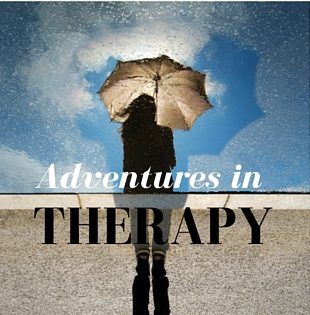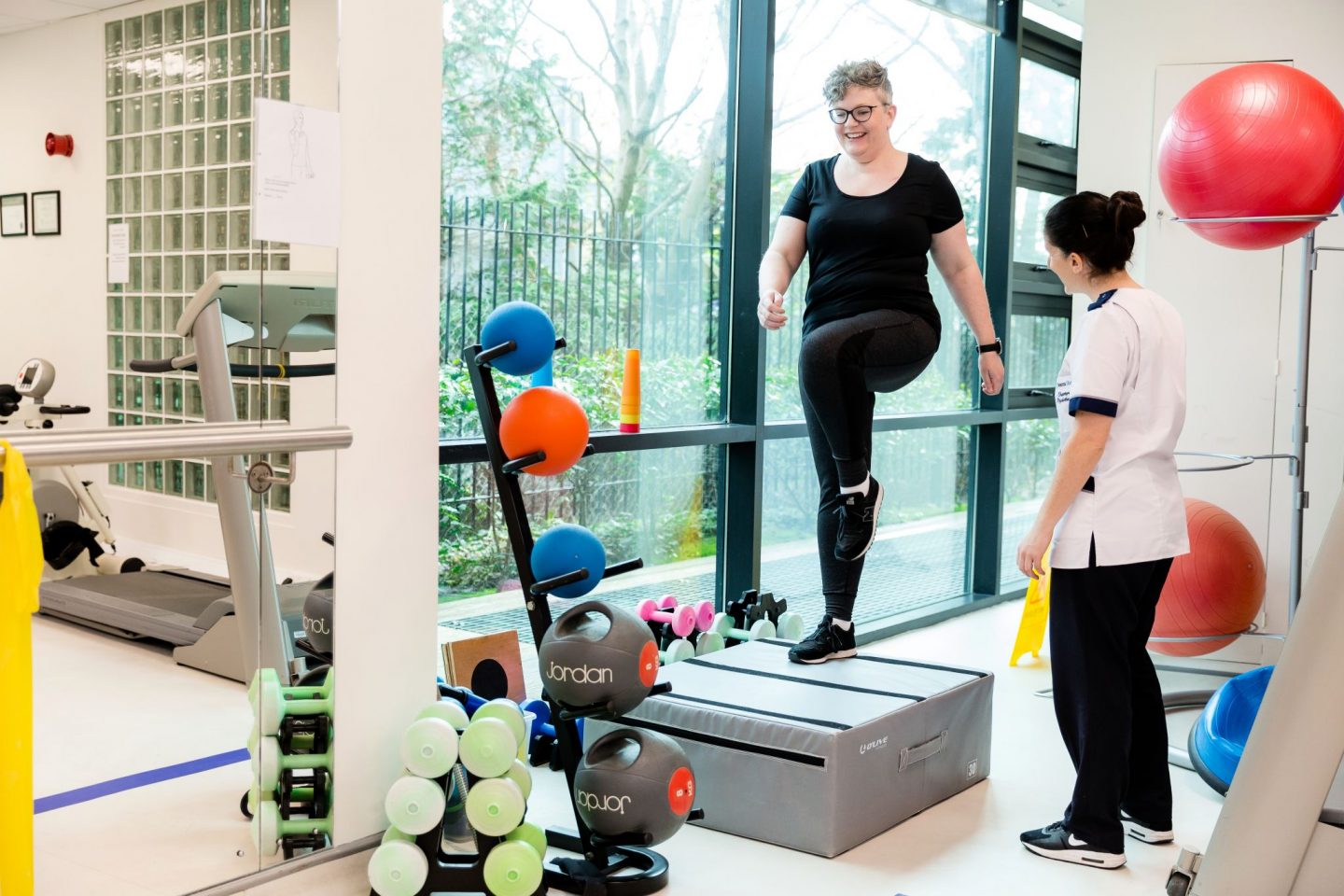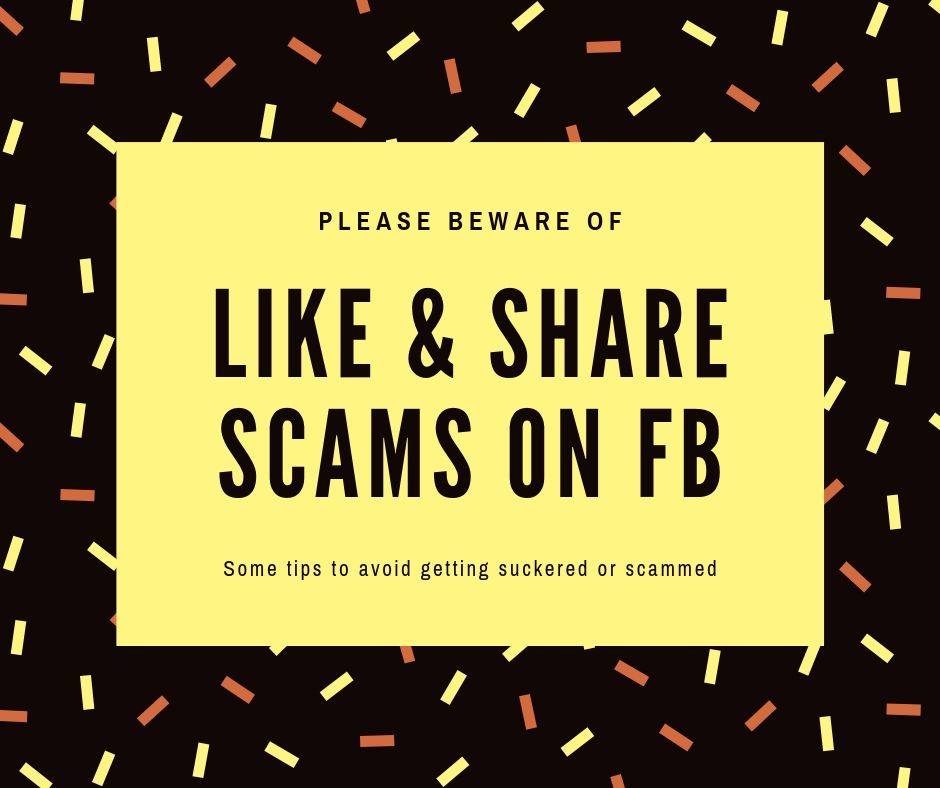
This is the second post in my series on the topic of the different treatments I’ve been on for Depression & Anxiety. I’m looking at the different types of drugs I was prescribed and I might also tell you how I really feel about people’s attitude to medicating for depression.
Before I say anything else, a disclaimer. These are the drugs I was prescribed, these are the effects and side-effects I personally had. Everyone’s experience with medication is different. You might feel completely numbed or the meds might just balance the highs and lows so that everything is on a more even keel. So, here’s me. I’ve been taking anti-depressants continuously for nearly seven years. That’s quite a long time, but I don’t quite feel ready to do without them just yet. I also strongly believe that medication is almost always not a solution on its own. There needs to be at least some effort to work at the issues that may be at the root of the illness and to develop coping strategies in addition to medication.
My Medicine Cabinet
1) Lexapro – I was on this between 2009 and 2014 with two (I think) dosage increases. My GP was the person who prescribed it to me.
This SSRI (selective seretonin reuptake inhibitor) is often the first choice for doctors prescribing for depression. It’s name dropped in a bunch of tv shows and films. People know it. It doesn’t have a huge amount of side-effects and it often works pretty well. I have friends who have taken this for a few years and are now unmedicated and doing extremely well. Looking back, I’m not actually sure it did anything for me personally, but I took it religiously every day. I definitely had a big lift in mood when I first started taking it.
2) Mirtazapine – My GP (a different one to the first one) put me on this in late 2013 in addition to the Lexapro because I was in a bad place and struggling with work, motivation and sleep. This stuff definitely works in a couple of ways – I slept a LOT. The first few days I was on it, I couldn’t stay awake, but once thing settled I found that my sleep in general had improved to a huge extent – which had a knock on effect on my mood. The downside to the Mirtazepine was that the side effects were quite obvious. My appetite increase enormously and my weight increased even more than the increased amount of food would have answered for. To be honest, the increase in weight would have been a small price to pay for the improved sleep, but the same GP also referred me to the HSE’s Mental Health services so I wasn’t actually on it all that long.
3) Effexor/Venlafaxine (extended release) – I’ve been taking Venlafaxine (an SNRI) since early 2014 and it generally seems to have a good effect on me. I’ve felt a lot more able and positive since I’ve been taking it. I’m not a zombie in any way, I still feel highs and lows, I still get down, but I always feel able to pull myself out of any ruts I get into. On the downside, it also scares me. It’s a fairly serious prospect, and the side-effects are definitely noticeable, especially if you’re not careful about taking it regularly or with food. I’ve taken it on an empty stomach and been hideously sick. If I miss or am particularly late with a dose I start to feel lightheaded, and any more than one dose and I get full on vertigo and very screwed up emotions. It makes the prospect of actually coming off them a bit of serious business!
Coming off the meds
Here’s the thing. In some cases of depression, it’s purely a brain chemistry thing. Like someone with diabetes or epilepsy, you need to take your medication every day to stay well, and getting along without taking medication is just, well, not going to happen. There’s NO SHAME in this. You’re not well. You take medication to keep you well. IT’S JUST COMMON SENSE.
For some other people, medication can be a temporary thing to help them over a particularly difficult period in their lives. You go on meds, you work at it a while, you get well, you come off meds. Coming off the meds is a process and needs to be done under supervision of a doctor. What usually happens is that the dose is decreased bit by bit and spaced out further and further over a number of weeks. It can be hard. It can be an extremely emotional and difficult time for you and for the people around you.
I’d like to come off my meds at some point in the future, but I’m not there yet. I might try to come off them and realise that I need to stay medicated. I’m still not certain which type of person I am, but I do know that I’m not ashamed of the fact that I’m taking medication for my mental health.
A rant, by me
I know people who have been diagnosed with depression by their doctors but haven’t filled their prescriptions or have filled them but haven’t started taking them. I know people who are afraid to tell their doctors how they are really feeling because taking medication would be a failure. While I understand the need to feel strong or able to deal with whatever life throws at you – I also can’t help feeling a little angry about it.
You feel like taking medication for low mood or depression is weakness. You feel like you are (or should be) strong enough to get over it without “resorting” to medication. And yet you know I and other friends are on antidepressants on a short or long-term basis. You’re stronger than us? Is that it? You’re better than us? Get over it. You’re not better than me. You’re not stronger than me. You’re sad and unwell and you need help. Taking medication is NOT A FAILURE. Yes, it should be done in conjunction with counselling, psychotherapy or other types of talk therapy, mindfulness etc, but the act of taking medication for you mental health is not losing.
Yes, I should feel empathy with people who have internalised the stigma about getting help or admitting that they need it. I do, but I’m still also a bit angry about it. Maybe my anger is an indication that despite my “openness” about my mental health, I’ve also managed to internalise it. I probably have.
Anyway, to sum up. Yes, the drugs do work. It can take a while to find one that works for you particularly, but there’s no shame in trying.





